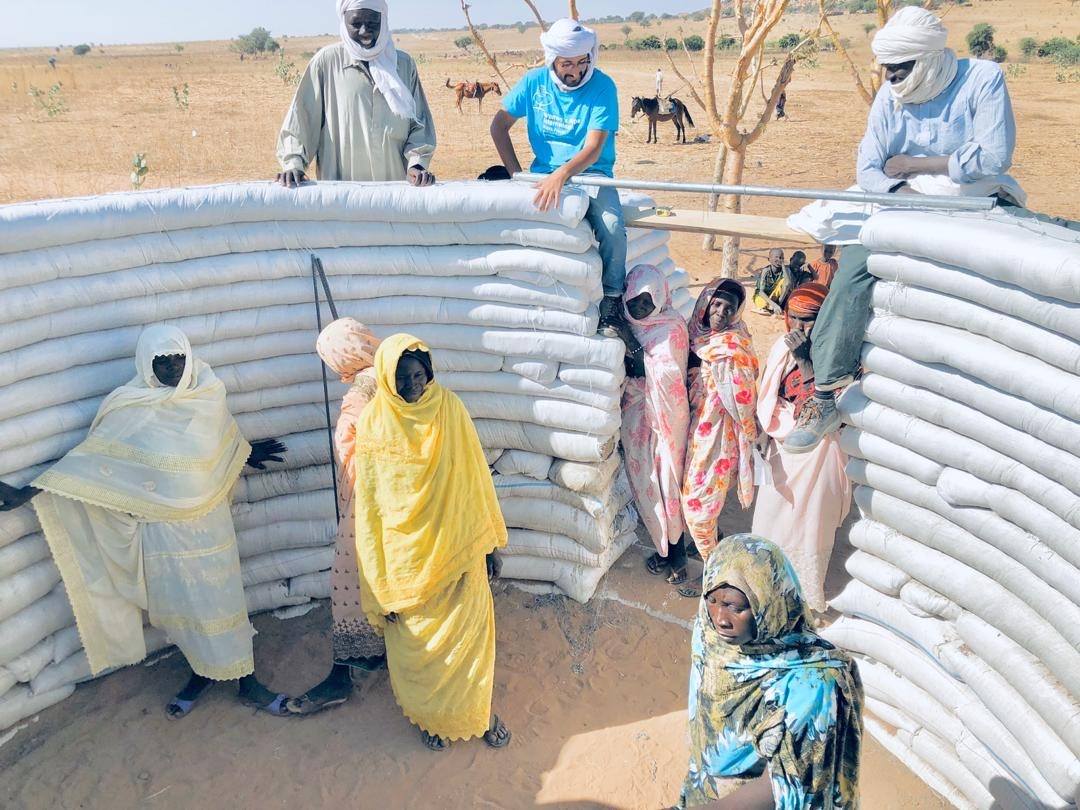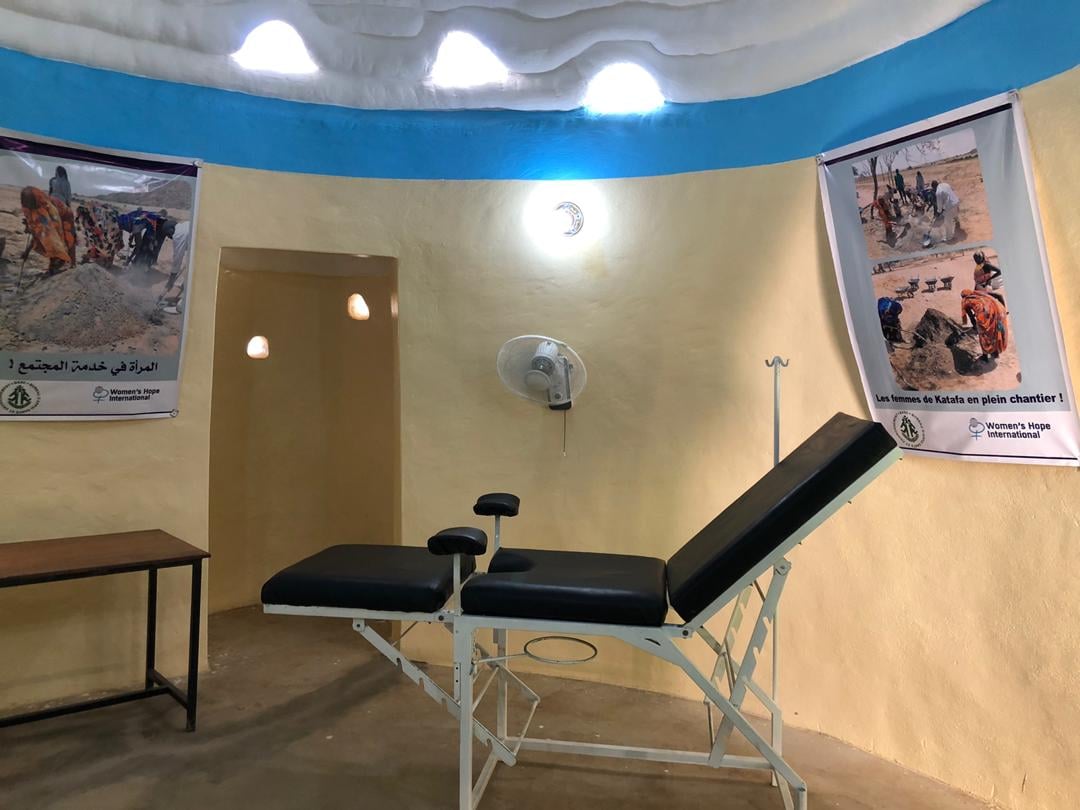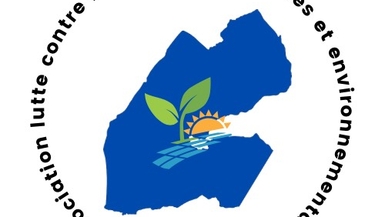Campaign Status
Ongoing Offline: The campaign is currently ongoing offline and, thus still in the process of collecting funds.
Summary
The campaign aims to construct and equip a maternity clinic.
Challenge
Chad is a country plagued by various multidimensional crises including security, food and nutritional, economic, and refugee influx crises that have lasted for over 20 years. The situation of women and children remains precarious and concerning.

The main challenges facing women and children in Chad are:
- Household poverty;
- Chronic food insecurity leading to malnutrition among young children, pregnant and lactating women;
- Diseases such as malaria, acute respiratory infections, diarrhea, epidemics of measles, meningitis, cholera, etc.
- Limited availability and access to healthcare services;
- Particularly high maternal and child mortality rates;
- Insufficient coverage of clean water and hygiene & sanitation;
- Illiteracy.
Solution
Considerable efforts are being made by governments, partners, associations, and NGOs, but the results fall short of the expected objectives. This situation is worrying and cannot be overlooked. Therefore, the BASE has committed to improving the accessibility of rural women to maternal and child healthcare services in the Ouaddaï province. As of today, 5 maternity clinics (KATAFA, ANDOKONÉ, HOUGOUNÉ, RIMELE, and AWGUINE) have been constructed and equipped thanks to the support of the Swiss NGO Women's Hope International and the community.

Specific Objectives
The action aims to:
- Strengthen access to Maternal and Child Health Care (MCH) services, (2886 women of reproductive age in the Abkhouta health center with 731 expected pregnancies, and 3187 women of reproductive age in the Marchout health center with 807 expected pregnancies, Source: DSIS 2024).

- Enhance healthcare infrastructure, support community participation to raise awareness in the community about gender-based violence and maternal and child health.
- Reduce physical barriers to maternal and child healthcare.



